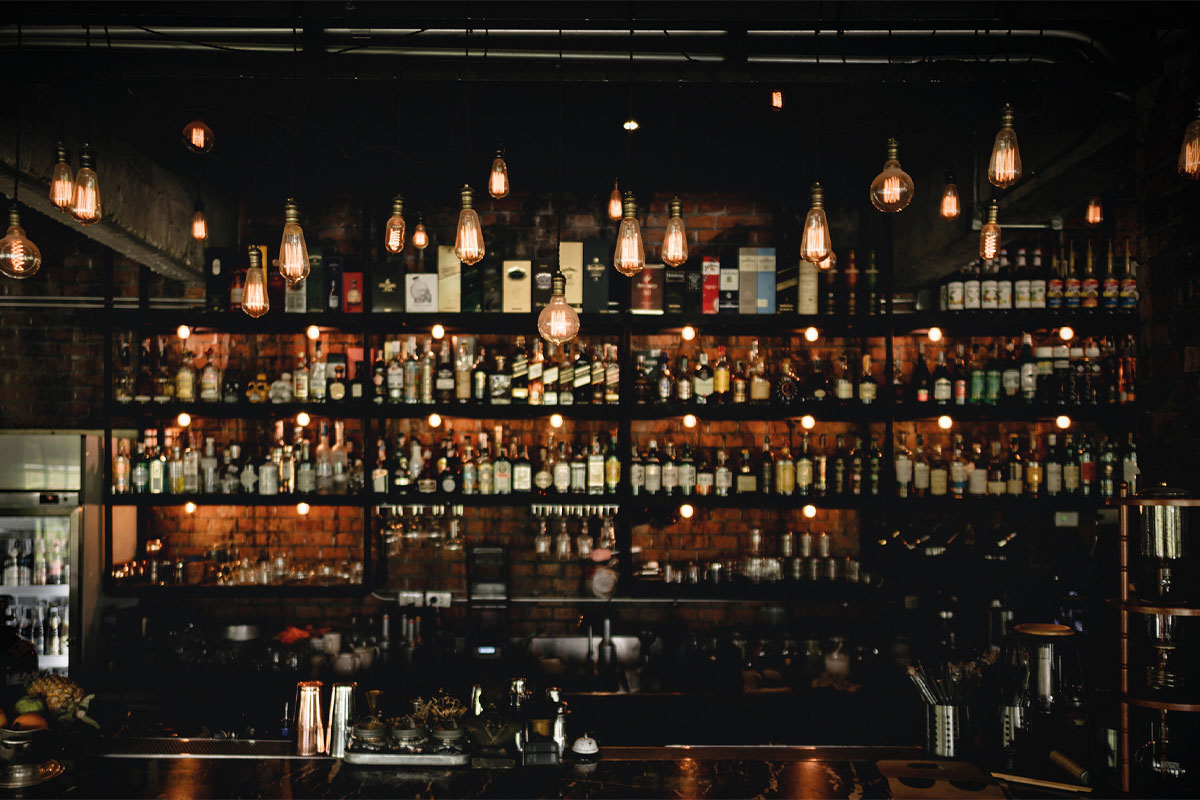Sustainable measures can make good environmental and business sense

TACKLING climate change continues to be a major focus for businesses of all sizes, across all sectors.
And for those in the hospitality industry, there’s a range of steps that can be taken which will not only lessen a venue’s impact on the environment, but which also make good business sense – particularly as costs continue to rise.
Gerry Boyle, partner for food systems at Zero Waste Scotland, said measures such as minimising waste and prioritising energy efficiency can not only give bars, restaurants and hotels “strong sustainable messaging” which “gives your business a competitive advantage”, they can also generate cost savings.
“The first step is to identify a baseline, so you know where you are now,” said Boyle.
“Try measuring your food waste, looking at your energy consumption and reusing and recycling where you can. Analyse all aspects of the business and the supply chain and create a list of SMART objectives to tackle the problems.
“Where you can, source local and source seasonal food and drinks. Working with local producers and suppliers leads to a more resilient food supply chain and prosperous local economy.
“Consider whether the design of the food and drink options on your menus result in waste. First, review your portion sizes to reduce plate waste. Next, rationalise your food and drink menus by removing less popular products and ensuring ingredient crossover. Offer garnishes as an option, both with food and cocktails.
“Consumers are becoming increasingly discerning about where they dine, drink and stay. Bringing in environmental policies and strong sustainable messaging gives your business a competitive advantage.
“Financially, there are savings to be had. With increased energy prices, any efficiencies will positively affect your bottom line.”
When it comes to reducing waste, technology can play an important role.
Alison Vasey of Zonal said the right tech can help achieve waste reduction goals and improve margins.
“There are easy-to-use online tools available which give businesses greater control over recipes and menus and, if used correctly, these solutions can help operators reduce their impact on the environment,” she said. “Digital menu management solutions can also support operators in producing menus that work best for their businesses, helping them to manage and tweak recipes efficiently and will flag dishes that aren’t selling as well, which can then be removed, helping to reduce waste.
“Having the right digital tools in place to help achieve sustainability targets has multiple benefits – not only does this position your business positively in the eyes of a more informed consumer, it can positively engage staff, save time and improve the bottom line.”
And it’s not just operationally where sustainability should be a key consideration.
Stocking brands with strong sustainability credentials can pay dividends, according to drinks firms.
Jamie Wild, co-founder of Fife-based non-alcoholic spirit brand Feragaia, said sustainability has become a “key factor in the purchasing decision for most”.
“Consumers are switched on to the ongoing climate crisis, and are seeking accountable, pioneering businesses who are taking the lead in fighting sustainability challenges,” he said.
Ben Lockwood, on-trade customer marketing manager at BrewDog, agreed, saying “the conscious consumer is now more mindful than ever as their purchasing decisions are influenced by which brands are reducing carbon emissions or supporting the communities they’re interested in”.
Sustainability continues to be a major focus for Tennent’s.
The company has invested significantly in recent years in a number of initiatives to enhance sustainability across all aspects of its business. Measures include the removal of single-use plastic from packaging of its canned products and a switch to fully recyclable cardboard; the installation of a carbon capture facility at Tennent’s Wellpark brewery in Glasgow, which has seen the brewery become self-sufficient in CO2; the installation of an anaerobic digestion plant at Wellpark, which allows for on-site treatment of wastewater generated by the brewing process; and the introduction of 16 solar-assisted trucks to its delivery fleet.
George Kyle, head of environmental, social and governance (ESG) at Tennent’s, said sustainability is a “core part of the business and is integral across everything we do – from sourcing, brewing and waste management, to packaging and transport”.
“As a business we are continuously looking at how we can innovate and adapt to minimise our environmental impact which has led to a number of significant investments over the years, enabling us to support our environmental plans,” he said.
“These plans are evolving as we seek ways to continuously work towards more sustainable practices and engage with our customers, suppliers and consumers, working together in the fight against climate change.”



















